This week in commercial space saw steady progress across the board. The news this week came more from the political world and national space programs. Both the United Arab Emirates’ Misabar Al Amal (Hope) orbiter and China’s Tianwen-1 orbiter/lander/rover successfully entered Mars orbit with NASA’s Perseverance rover landing this Thursday, February 18th.
The UAE’s launch is especially interesting since it is the first non-major power to send a mission to Mars. Recent statements by Saudi Arabia suggest UAE’s mission may have created a pan-Arab space race.
In domestic news, Alabama Senator Richard Shelby, current Vice-Chairman of the Senate Appropriations Committee and long-running Chairman, has announced that he will not be running for re-election in 2022. Shelby has a long history of supporting large NASA programs that favor Marshall Space Flight Center and its supplier companies. His support for the Space Launch System and its predecessor, the Constellation program, have long distorted NASA’s budgets and the industry in general. While the announcement occurred this week, it has been common knowledge in Washington, DC since early 2020. Recent decisions such as not flying Europa Clipper on SLS and some recent rumored program reviews within NASA suggest agencies are feeling freer to navigate around SLS.
This week's picks of space sector news compiled from Jeff Foust's FIRST UP newsletter are:
Telesat has selected Thales Alenia Space to build its low Earth orbit constellation.
Predictions of an investment apocalypse for the space industry in 2020 failed to come true.
Views of an "overheated" launch market depend on what part of the industry you're looking at.
New cloud computing services could help space companies better turn that data into customer revenue.
China's Tianwen-1 spacecraft went into orbit around Mars early Wednesday.
The UAE's Hope spacecraft entered orbit around Mars Tuesday.
A Falcon Heavy will launch the first modules of the lunar Gateway.
SpaceX is finding strong interest in its smallsat rideshare services.
Eutelsat won a contract to provide a navigation overlay service.
Blue Origin has built a test version of the lower stage of its lunar lander.
The government of Saudi Arabia is considering proposals for missions to the moon and Mars.
Axiom Space may help NASA secure a seat on April's Soyuz mission.
